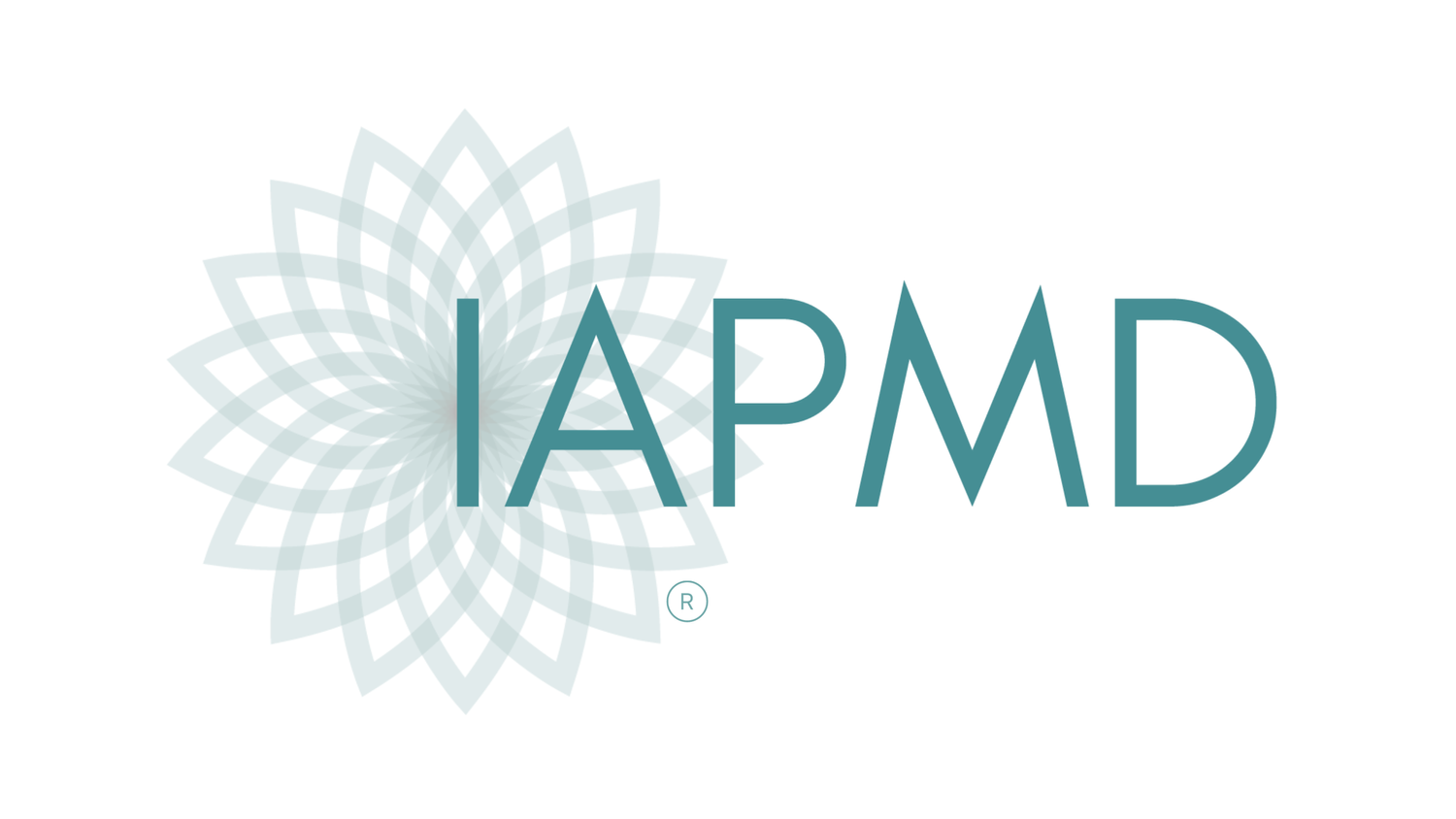For Researchers
Despite decades of push to recognize premenstrual disorders, formal diagnostic criteria were available only recently. Premenstrual disorders are new to mental health research, which provides researchers with a wide range of topics and public health issues that need systematic investigation. This need for quality research presents opportunities in multiple areas.
Importantly, for valid measurement and diagnosis, researchers should use daily ratings that measure the items from the diagnostic outlined by the Diagnostic and Statistical Manual of Mental Disorders (DSM–5) published by the American Psychiatric Association (APA). This is crucial to ensure that studies align with the multifaceted and multilevel diagnostic criteria for PMDD, which require many conditions to be met (content, cyclicity, severity, and chronicity) at various levels (symptoms, domains, cycles).
The Carolina Premenstrual Assessment Scoring System (C-PASS) for Diagnosing PMDs
Creating A Cycle Science Community
A New Light on PMDD Research
The Carolina Premenstrual Assessment Scoring System (C-PASS) for Diagnosing PMDs
Diagnosing The Carolina Premenstrual Assessment Scoring System (C-PASS) is an algorithm for making the DSM-5 diagnosis of Premenstrual Dysphoric Disorder (PMDD) using two cycles of daily symptom ratings on the Daily record of severity of problems (DRSP). The C-PASS diagnostic tool has recently been published in the American Journal of Psychiatry.
Currently, the C-PASS is only validated to diagnose DSM-V PMDD and the subthreshold research diagnosis of “Menstrually-Related Mood Disorder” (MRMD). However, a research diagnosis of premenstrual exacerbation (PME) can also reasonably be made if a chronic symptom passes the “percent premenstrual elevation” criterion on the C-PASS in at least two cycles.
Get started with the Carolina Premenstrual Assessment Scoring System (C-PASS) by downloading the following documents:
The validation paper can be found in the American Journal of Psychiatry.
A special thank you to Marcus Rodriguez, PhD, who translated the C-PASS worksheet and associated instructions into Chinese.
Please send any questions or comments, including inquiries about collaboration, to temo@uic.edu.
© Tory Eisenlohr-Moul, Ph.D., 2016. No permission is necessary to download and use the C-PASS Worksheet, Excel Macro, or SAS Macro. However, if you wish to make modifications to the C-PASS for publication or distribution, please request permission at temo@uic.edu.
Want to learn more? Take a deeper dive into the C-PASS framework with its creator, Tory Eisenlohr-Moul, PhD, and Laura Symul, PhD, in an exclusive webinar for IAPMD Professional Community members. This webinar covers the uses and benefits of the C-PASS, as well as its implementation and functionality in R within the CPASS R package.
This webinar is only available to IAPMD Professional Community members. Join today for $10/month »
IAPMD has created a Cycle Science Community
Although the effects of the menstrual cycle on emotion, thinking, and behavior have fascinated scientists for years, pervasive methodological problems have limited the ability of this research to improve menstrual and mental health. A related problem is that a relatively small number of laboratories are focused primarily on the relationship between the menstrual cycle and mental health, leading to a void in training, mentorship, and networking opportunities for scientists interested in these topics. Watch this webinar to see our vision for how a cycle science community can lead to improved outcomes for people with cyclical disorders. The IAPMD Clinical Advisory Board, staffed primarily by scientific experts who volunteer their time, has created a Professional Community, including a Cycle Science Community, with the goal of accelerating the accumulation of rigorous, impactful cycle science by fostering opportunities for training, mentorship, and networking across disciplines. The community will feature a monthly webinar in Cycle Science, provided by an expert volunteer speaker. These webinars will be aimed at reviewing and optimizing methodological approaches, creating a shared awareness of the most rigorous existing studies, and promoting the careers and visibility of current scientists in this area.
Shining a Light on PMDD Research
The world's first-ever PMDD Roundtable took place in July 2021, hosted by IAPMD - bringing together experts in the field, including researchers, providers, activists, and patients who are committed to bringing the lived experiences of patients to the center of the PMDD research conversation.
As a patient-led organization, IAPMD has been working for years to bring awareness to PMDD, a prevalent and little-understood premenstrual health condition. Thanks to a funding award through the Eugene Washington PCORI Engagement Awards program, an initiative of the Patient-Centered Outcomes Research Institute (PCORI), IAPMD is building this amazing team to help shape the future of women’s menstrual health research.
From this work, we have created two integral documents:
It is our hope that in illuminating the research and evidence, or lack thereof, and bringing forth the patient experiences, we can uncover more realistic and suitable approaches to research, care, and support for PMDD. To read more about the PMDD Coalition and the PMDD Roundtable:





